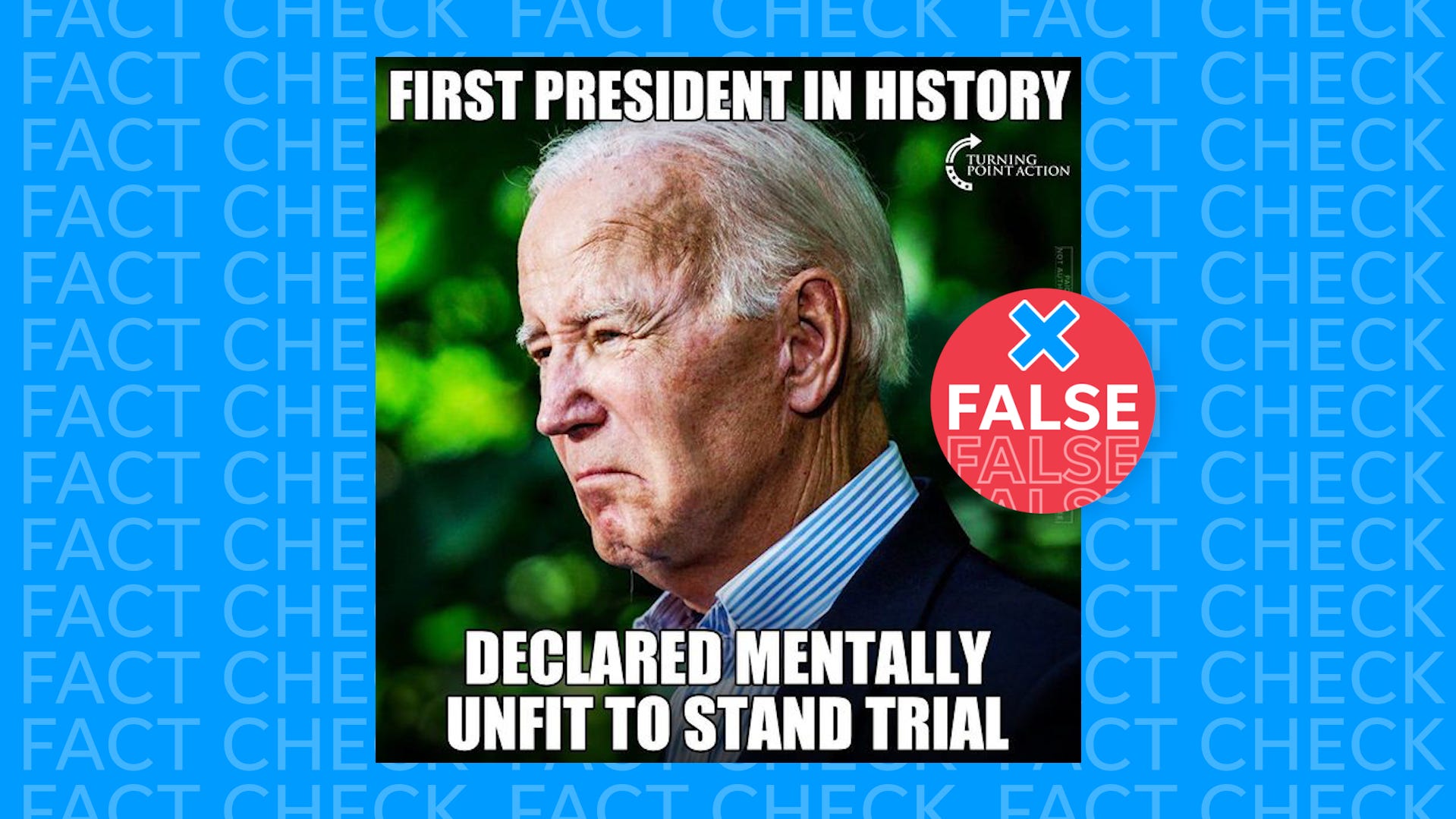Love, Power, And Corporate Downfall: A CEO Scandal

Table of Contents
The Allure of Power and its Impact on Ethical Decision-Making
Unchecked power can corrupt, leading to poor judgment and a disregard for ethical considerations. The intoxicating allure of absolute authority can erode ethical boundaries, fostering a culture of impunity where the CEO believes they are above the law and consequences. This often manifests in several ways:
- Erosion of ethical boundaries: CEOs with unchecked power may engage in activities they would normally consider unethical, rationalizing their actions as necessary for the company's success or their own self-preservation.
- Increased risk-taking behavior: The belief in invincibility can lead to increasingly risky decisions, often without proper due diligence or consideration of potential consequences.
- Disregard for legal and regulatory compliance: A CEO consumed by power may prioritize personal gain over legal and regulatory compliance, leading to significant legal and financial repercussions.
- Suppression of dissent and whistleblowers: To maintain control, powerful CEOs often silence dissenting voices and actively suppress whistleblowers who attempt to expose unethical behavior. This creates a culture of fear and prevents the identification of potential problems early on.
Examples of CEOs who succumbed to the allure of power include [insert link to relevant news article 1], [insert link to relevant news article 2], and [insert link to relevant news article 3]. These cases highlight the importance of strong corporate governance and ethical leadership to prevent such abuses of power. Keywords related to this section include: corporate governance, ethical leadership, power dynamics, accountability, and leadership ethics.
The Role of Personal Relationships in CEO Scandals
Personal relationships, whether romantic, familial, or close friendships, can significantly contribute to CEO scandals. These relationships often create conflicts of interest and vulnerabilities that are exploited. This can manifest in several ways:
- Favoritism and nepotism leading to poor hiring practices: CEOs might prioritize hiring friends or family members, regardless of their qualifications, leading to incompetent management and decreased overall company performance.
- Concealment of unethical activities to protect relationships: A CEO might cover up unethical actions committed by loved ones to maintain the relationship or protect their reputation.
- Financial improprieties to benefit loved ones: Funds might be misappropriated, contracts awarded unfairly, or other financial misconduct carried out to benefit friends or family, often at the expense of the company and its shareholders.
Several scandals highlight the destructive role of personal relationships. For example, [insert link to relevant news article 4] illustrates the devastating consequences of nepotism, while [insert link to relevant news article 5] showcases how a romantic entanglement contributed to a significant financial impropriety. Related keywords for this section include: conflicts of interest, corporate relationships, ethical breaches, romantic entanglements, and corporate ethics.
The Downfall: Consequences of a CEO Scandal
The consequences of a CEO scandal are far-reaching and devastating, impacting not only the CEO but the entire organization and its stakeholders.
- Financial losses for shareholders: Stock prices plummet, wiping out billions in shareholder value, impacting retirement funds and individual investments.
- Reputational damage to the brand: The company's reputation is severely tarnished, leading to loss of consumer trust, decreased sales, and difficulties attracting investors and talent.
- Legal battles and potential criminal charges: The CEO and the company may face lengthy and costly legal battles, including potential criminal charges leading to significant fines and imprisonment.
- Loss of employee morale and productivity: Employees experience decreased morale, uncertainty about the future, and loss of confidence in leadership, impacting productivity and efficiency.
- Impact on consumer trust and market share: Consumers may boycott the company’s products and services, leading to significant market share loss and financial instability.
Related keywords for this section include: reputational risk, financial losses, legal repercussions, shareholder lawsuits, corporate crisis management, and crisis communication.
Preventing Future CEO Scandals: Implementing Robust Corporate Governance
Preventing future CEO scandals requires a proactive approach focused on robust corporate governance and ethical leadership. Key preventative measures include:
- Strengthened ethics training programs: Regular, comprehensive ethics training for all employees, including the board of directors, is crucial.
- Independent oversight boards with robust auditing capabilities: A truly independent board with strong auditing capabilities can identify and address potential problems early on.
- Clear conflict-of-interest policies: Clearly defined and enforced conflict-of-interest policies can mitigate the risks associated with personal relationships influencing business decisions.
- Whistleblower protection programs: Robust whistleblower protection programs encourage employees to report unethical behavior without fear of retaliation.
- Transparent communication channels: Open and transparent communication channels ensure that concerns are addressed promptly and effectively.
Related keywords for this section include: corporate governance best practices, risk management, ethical compliance, transparency, accountability, and compliance programs.
Conclusion
The devastating consequences of a CEO scandal highlight the critical need for robust corporate governance and ethical leadership. The interplay of power and personal relationships, if unchecked, can lead to catastrophic corporate failures and significant financial and reputational damage. By understanding the dynamics involved and implementing strong preventative measures, companies can mitigate the risks and safeguard their future. To learn more about protecting your organization from a similar fate, explore resources on corporate governance and ethical leadership best practices. Prevent a future CEO scandal by prioritizing ethical decision-making and implementing effective checks and balances.

Featured Posts
-
 Wtt Press Conference A Revolutionary Approach To Competition
May 22, 2025
Wtt Press Conference A Revolutionary Approach To Competition
May 22, 2025 -
 President Bidens Last Prostate Cancer Screening Details And Implications
May 22, 2025
President Bidens Last Prostate Cancer Screening Details And Implications
May 22, 2025 -
 Abn Amro Toename Occasionverkoop Weerspiegelt Groei Autobezit
May 22, 2025
Abn Amro Toename Occasionverkoop Weerspiegelt Groei Autobezit
May 22, 2025 -
 Histoire Gastronomie Culture Quiz Sur La Loire Atlantique
May 22, 2025
Histoire Gastronomie Culture Quiz Sur La Loire Atlantique
May 22, 2025 -
 Love Power And Corporate Downfall A Ceo Scandal
May 22, 2025
Love Power And Corporate Downfall A Ceo Scandal
May 22, 2025
